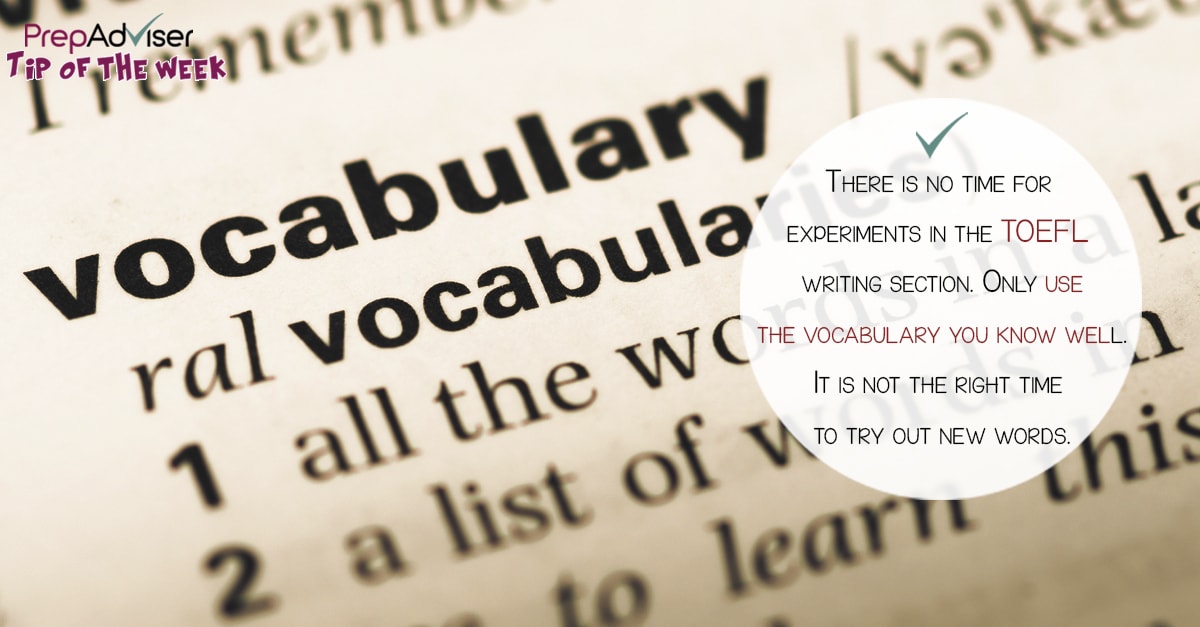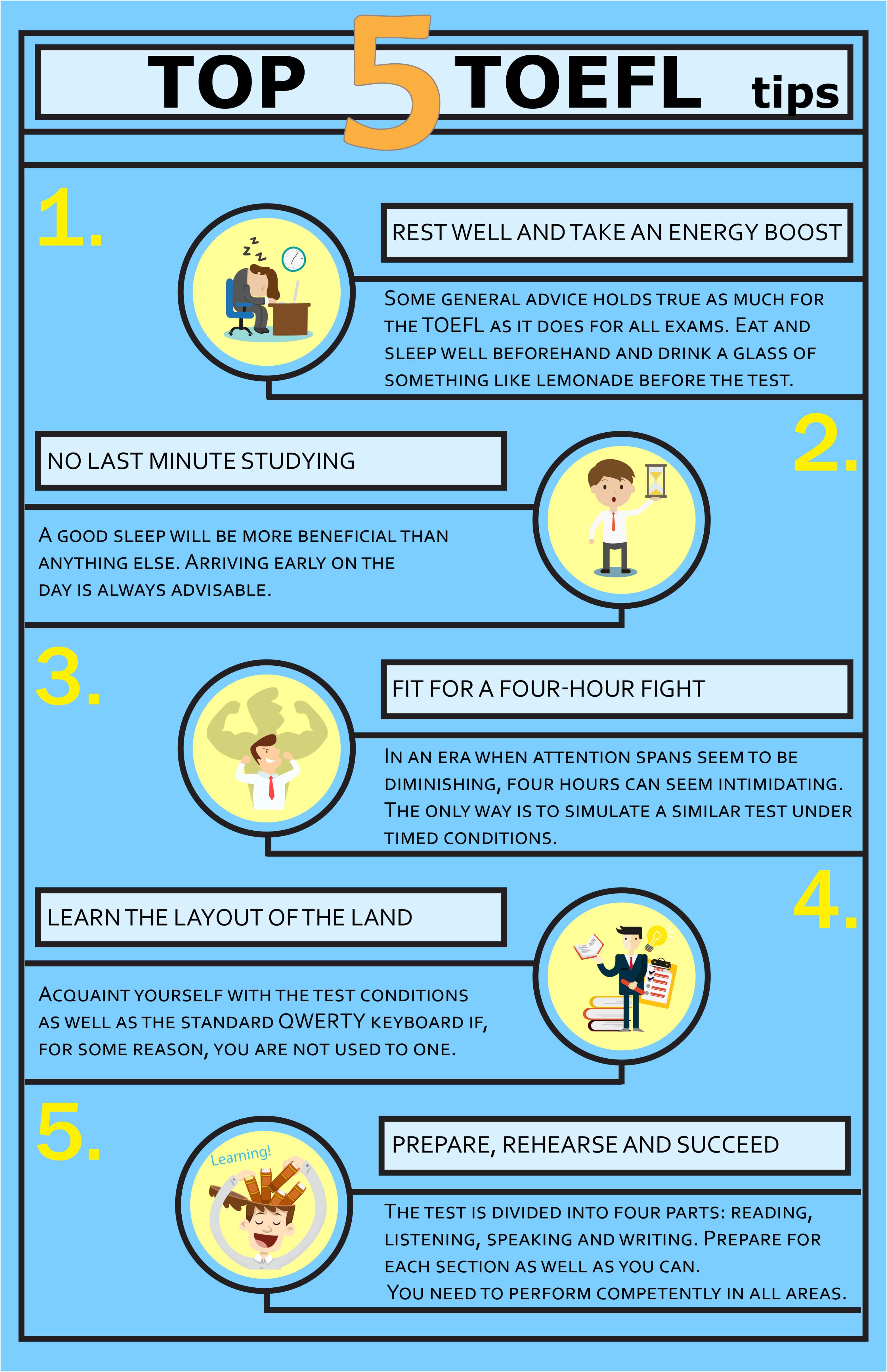General TOEFL writing tips
- Know what to expect on the D-day: acquaint yourself with the TOEFL writing section structure.
- Avoid surprises: learn all the instructions by heart, as they have the same pattern, in order to feel more confident and be sure you understand exactly what you have to do on the day of the test.
- Remember all the question types: understand and learn basic questions with their expected answers in order to be more efficient. If you can read the questions more quickly and know how to tackle them, you will save time and be able to develop more your answer.
Specific TOEFL writing tips
- Get to know the “QWERTY” keyboard, as it is what you will be using during the test. If you are used to another type of keyboard (such as the “AZERTY”) on your laptop, you can switch it to “QWERTY” in order for you to practice in real exam conditions, and save valuable time on the D-day because you will not be looking for the keys!
- No time for experiments: only use the vocabulary you know well. It is not the right time to try out new words, even though examiners will give extra credit for diverse vocabulary, you will probably have less credit for a wrong word use. So, just think simple!
- Structure your ideas, organise your thoughts into different categories: discuss your point of view, give examples, nuance them, etc. This will enable you to write clear and coherent essays.
- Stay focused: You will only be allowed to listen to Exercise 1's audio track once. This recording is shorter than that in the listening section but it can still last up to two minutes. You will hear a lot of information. It is very important to stay focused throughout the listening section, especially since you will start feeling quite tired at the end of the exam!
- Use your draft paper: For Exercise 1's audio recording, you should use some draft paper to structure your answer and write down key words and vocabulary you will use in your answer.
How to manage your time?
- Manage your time by staying focused: stay focused after the speaking section, even though it’s tiring, because you must save time for proofreading at the end of the writing section.
- Practice writing texts that are as long as (or even longer than) the exam essays. You will get faster and faster. Ideally, you should finish writing three to four minutes before the end of the exam to be able to proofread your essays. For example, decide to write the first essay in 17 minutes and the second essay in 25/26 minutes. Global-Exam's many revision exercises under real exam conditions can be very helpful.
- Use the maximum time allowed: finishing the first exercise in less than 20 minutes is pointless! Rather, take the time to proofread your answers. The same goes for the second exercise, even if you get tired: there will always be a mistake to correct, a phrase to improve, etc.
- Structure your essay on your draft paper before starting to write. This is crucial to make your essays clear and structured. For instance, write down the parts, sub-parts, vocabulary and examples you will use. The examiner will appreciate your organised and balanced essays. Spend at least two to three minutes on your draft; you will then save time on writing as your ideas will flow more naturally.
- If you only have two minutes left and haven't finished your essay, it is better to finish a short but well-structured and well-written essay rather than to keep writing for the sake of quantity. The examiner will always be able to see if the last part was rushed.
The article TOEFL writing tips first appeared on global-exam.com, which provides online training for language proficiency tests.
Check out: Essay Writing Tips for Business School Admission





